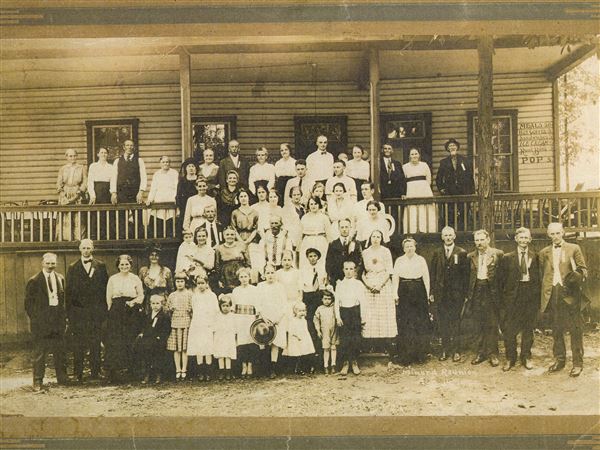Regarding Mark Belko's Sept. 8 article "Why Did It Fail?": He states that Pittsburgh has "all but abandoned its [produce] terminal's wholesale produce business" and added that San Francisco has been "reinvesting" in its markets. He left out that almost 300,000 people have moved from Pittsburgh to her suburbs in the last 50 years. Meanwhile San Francisco's population has grown by 20 percent in recent decades to almost 826,000.
Pittsburgh suburbs have developed their own farmers' markets. Giant Eagle has broadened the scope of its supermarkets, and various crafts festivals and more have sprung up. The Strip and the Pennsylvania Railroad Fruit Auction & Sales Building now have competition. The suburbanites will come into the city for major sports, entertainment, restaurants and employment, but why come in for food shopping? Why drive that far to buy fruit? Without "retail" there is no "wholesale."
My heart is with the preservationists, but my head has to look to the future. Having a developer, the Buncher Co., willing to risk huge capital on the site is a good thing, not a bad one. As Robert Rubinstein, acting Urban Redevelopment Authority director, said, the wholesale vendors left of their own accord, and the prior wholesale produce industry on its former scale "is no longer viable." Unlike those pining for the past, these wholesalers, and Buncher, need to make a profit.
California is in serious financial trouble, and using San Francisco's strategies for development as a comparative to Pittsburgh is highly suspect. Mr. Belko's article generalizes about how the wholesale food industry across the country is thriving, as compared to the 1970s-1990s. The country now has 100 million more people than in 1970 and local characteristics differ.
If there is a big market for office space along the Strip District and less for wholesale produce these days, so be it. It is a good thing that a company can develop and replace a floundering industry.
VINCE ORNATO
North Side
First Published: September 15, 2013, 4:00 a.m.














